Demystifying Database Languages in Web Development: A Comprehensive Guide
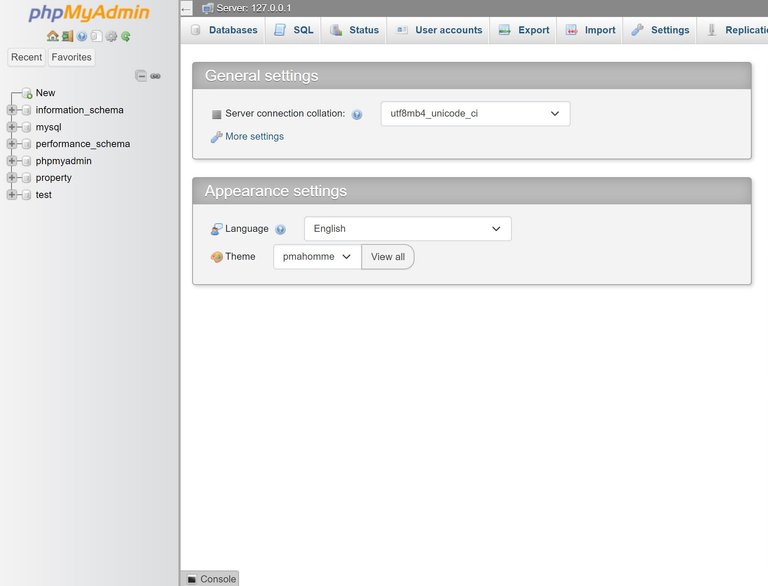
In the world of web development, databases play a vital role in storing, managing, and retrieving data for dynamic websites and applications. Understanding the different database languages is crucial for web developers to efficiently interact with databases and create robust and scalable solutions. In this post, we'll explore the key database languages used in web development, their features, and their applications. Buckle up, because we're about to dive deep into the world of databases!
SQL (Structured Query Language):
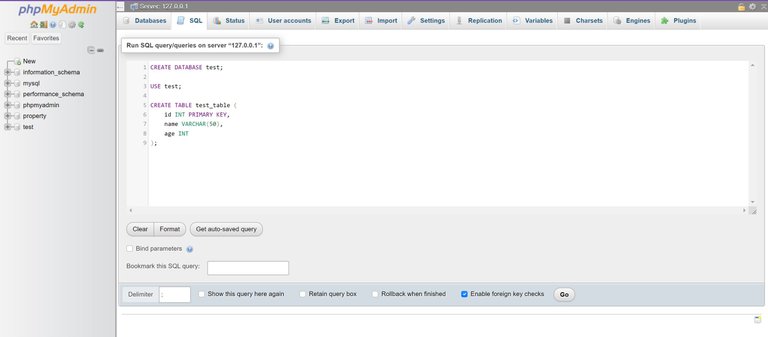
SQL is the standard language for interacting with relational databases. Its declarative nature allows developers to define the desired results without specifying how to achieve them. Explore the power of SQL for data manipulation, retrieval, and schema management, and discover its role in popular database management systems like MySQL, PostgreSQL, and Oracle.
NoSQL (Not Only SQL):
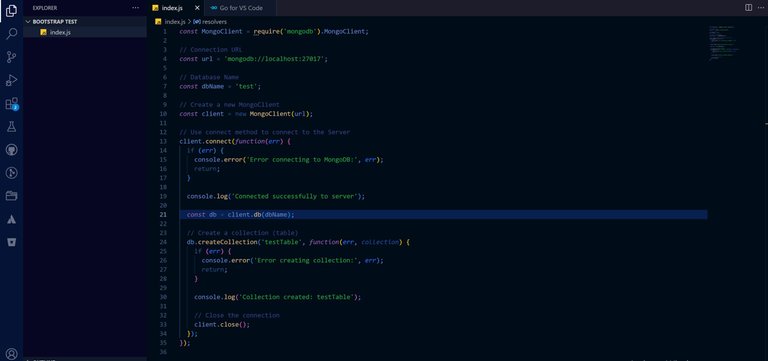
As the name suggests, NoSQL databases provide alternatives to traditional relational databases. Learn about the different types of NoSQL databases, including document-based (e.g., MongoDB), key-value (e.g., Redis), columnar (e.g., Cassandra), and graph databases (e.g., Neo4j). Uncover the unique query languages and data models they offer, enabling flexible and scalable data storage.
GraphQL:
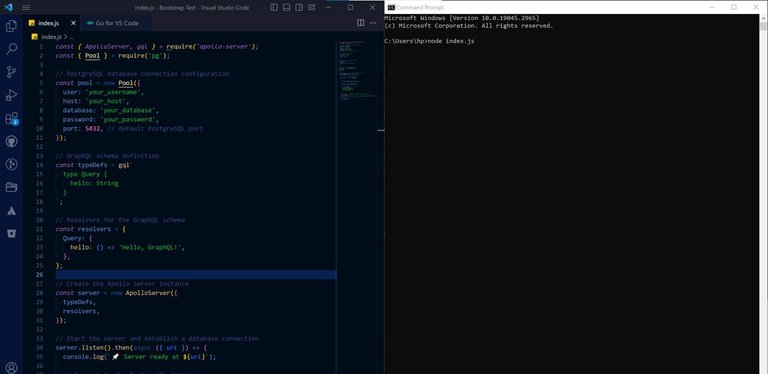
GraphQL has gained immense popularity as a query language for APIs, acting as a middle layer between clients and databases. Explore how GraphQL allows clients to request exactly the data they need, minimizing over-fetching and under-fetching. Discover how it simplifies data retrieval and manipulation by providing a single endpoint and flexible querying capabilities.
Object-Relational Mapping (ORM):
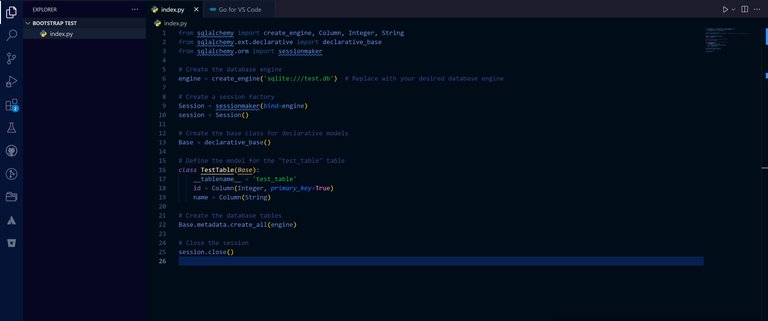
ORM frameworks like Django's ORM (Python), Hibernate (Java), and Sequelize (JavaScript) bridge the gap between object-oriented programming languages and relational databases. Understand how ORM abstracts away complex SQL queries and provides a simplified, object-oriented approach to database interactions.
Newcomers on the Block:
Explore emerging database languages that are gaining traction in the web development landscape. Dive into languages like Cypher (for graph databases), FQL (for Facebook's NoSQL database), and N1QL (for querying JSON in Couchbase), and learn how they cater to specific use cases and niche requirements.
Mastering database languages in web development opens up a world of possibilities for creating dynamic, data-driven websites and applications. SQL, NoSQL, GraphQL, ORM frameworks, and the upcoming newcomers provide a diverse toolbox for developers to efficiently manage and interact with data. By staying abreast of the latest developments in database languages, you can build scalable, performant, and user-centric solutions that will leave your peers and users in awe.
Are you ready to unlock the potential of database languages in web development? Share your thoughts and experiences in the comments below! 💬🚀